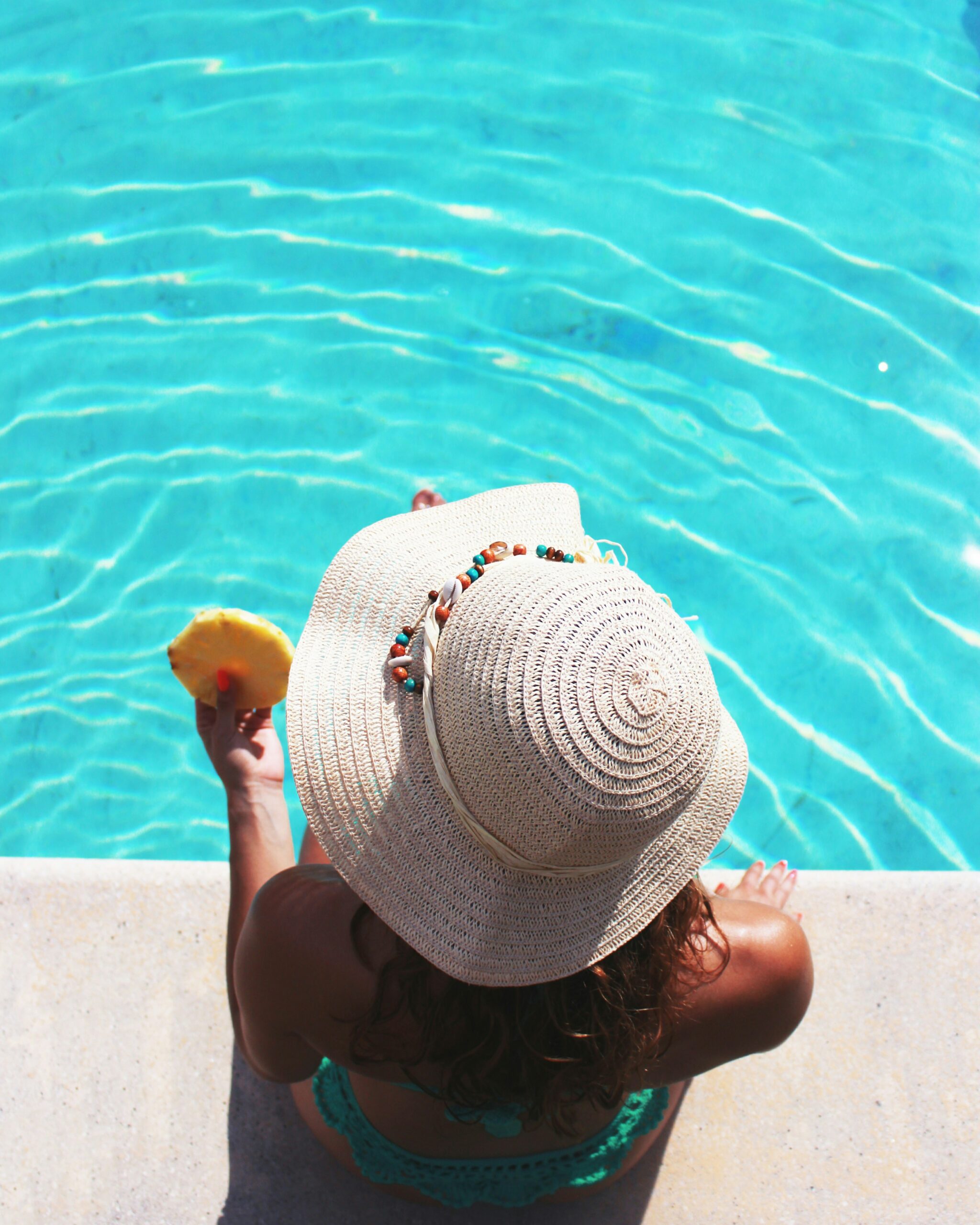
Owning a swimming pool is a luxury that provides relaxation, exercise, and relief from the region’s tropical heat. However, a pool requires regular maintenance to keep it clean, safe, and free from harmful bacteria. Without proper care, pool water can become dirty, cloudy, and even hazardous to health.
If you are a new pool owner or someone responsible for maintaining a pool, this beginner’s guide will help you understand the basics of swimming pool maintenance, ensuring a clean and enjoyable swimming experience.
- Understanding the Basics of Pool Maintenance
Pool maintenance involves three key aspects:
Water Circulation – Ensuring the pool water moves continuously to prevent stagnation.
Water Chemistry – Balancing chemicals to keep the water safe and clear.
Cleaning and Filtration – Removing debris, dirt, and bacteria from the pool.
If these three factors are well-managed, your pool will remain in good condition and require fewer emergency cleanups.
- Keeping the Pool Water Circulating
Good water circulation prevents algae growth and helps distribute chemicals evenly throughout the pool. Without proper circulation, stagnant water can lead to bacterial buildup, mosquito breeding, and an unpleasant swimming experience.
How to Improve Pool Circulation:
Run the Pump Regularly: A pool pump should run for at least 8 to 12 hours daily to keep water moving and filtered.
Check the Pool Jets: Adjust pool jets to push water in a circular motion, preventing dead zones where debris can accumulate.
Clean the Skimmer Basket: The skimmer basket collects leaves and debris from the pool surface. Empty it daily to improve circulation.
If your pool has poor circulation, you may notice cloudy water, algae growth, or an unpleasant smell—signs that indicate a need for immediate maintenance.
- Maintaining Proper Pool Chemistry
Balancing your pool’s chemical levels is crucial for keeping the water clean and preventing skin and eye irritation. The main chemicals to monitor are:
pH Level: The ideal pool pH is between 7.2 and 7.6. If the pH is too high, the water becomes cloudy and irritates the skin. If it’s too low, the water can corrode pool surfaces.
Chlorine: Chlorine is essential for killing bacteria and algae. Maintain chlorine levels between 1-3 ppm (parts per million) to keep the water safe.
Alkalinity: Total alkalinity should be between 80-120 ppm to prevent pH fluctuations.
Calcium Hardness: This should be maintained between 200-400 ppm to prevent damage to pool surfaces.
How to Maintain Pool Chemistry:
Use a pool testing kit at least twice a week to check water balance.
Adjust chemical levels as needed by adding chlorine, pH adjusters, or alkalinity stabilizers.
Avoid overuse of chemicals—follow manufacturer guidelines carefully.
- Cleaning the Pool Regularly
Regular cleaning is essential to keep your pool free from dirt, leaves, and algae. A dirty pool not only looks unattractive but can also pose health risks.
Essential Cleaning Tasks:
A. Skimming the Pool (Daily Task)
Use a pool skimmer net to remove floating leaves, insects, and debris.
This prevents debris from sinking to the bottom, making cleaning easier.
B. Brushing the Pool Walls and Floor (Twice a Week)
Use a pool brush to scrub walls, ladders, and steps to prevent algae buildup.
Focus on corners and areas with poor circulation.
C. Vacuuming the Pool (Once a Week)
Use a manual or automatic pool vacuum to remove dirt from the pool floor.
If you don’t have a vacuum, brushing and skimming frequently can help reduce dirt accumulation.
- Running and Cleaning the Pool Filter
Your pool filter plays a key role in removing dirt and contaminants from the water. There are three common types of pool filters:
Sand Filters – Common in Nigeria, these need backwashing every 1-2 weeks.
Cartridge Filters – Require cleaning every 2-4 weeks.
Diatomaceous Earth (DE) Filters – Highly efficient but require more maintenance.
How to Maintain Your Pool Filter:
Backwash sand filters regularly to remove trapped dirt.
Rinse cartridge filters with clean water every few weeks.
Monitor water pressure—if the pressure is too high, the filter needs cleaning.
Neglecting your filter can lead to cloudy water and ineffective cleaning.
- Preventing and Treating Algae Growth
Algae thrive in warm, untreated water, turning your pool green and slippery. Prevention is easier than treatment.
How to Prevent Algae:
Keep chlorine levels balanced.
Brush and vacuum the pool regularly.
Shock the pool with extra chlorine every two weeks, especially in hot weather.
If algae appear, use an algaecide and scrub the affected areas thoroughly.
- Handling Pool Water During the Rainy Season
In Nigeria and West Africa, heavy rains can dilute pool chemicals and introduce dirt and debris.
Tips for Pool Care During Rainy Season:
Test water chemistry frequently and adjust chlorine levels as needed.
Skim debris immediately after a storm.
Run the filter longer to help clear cloudy water.
- Covering Your Pool When Not in Use
Using a pool cover prevents debris, reduces water evaporation, and keeps the pool temperature stable. This is especially useful if you don’t use your pool daily. - Budgeting for Pool Maintenance Costs
Pool maintenance in Nigeria varies depending on pool size and cleaning frequency. A rough estimate of costs includes:
Chemicals: ₦10,000 – ₦50,000 per month (depending on pool size).
Professional Cleaning Services: ₦30,000 – ₦100,000 per month.
Pool Equipment Maintenance: Varies based on repairs and filter replacements.
If you prefer DIY maintenance, investing in test kits, a skimmer, brush, and vacuum can help reduce costs in the long run.
Final Thoughts: Keeping Your Pool Clean and Safe
Swimming pool maintenance might seem overwhelming at first, but with a routine schedule, it becomes easy. By focusing on circulation, chemical balance, and cleaning, you can keep your pool water clear, safe, and inviting all year round.
Whether you own a personal pool in Lagos, manage a resort in Accra, or maintain a hotel pool in Abuja, following these beginner-friendly maintenance steps will ensure an enjoyable swimming experience for everyone.

